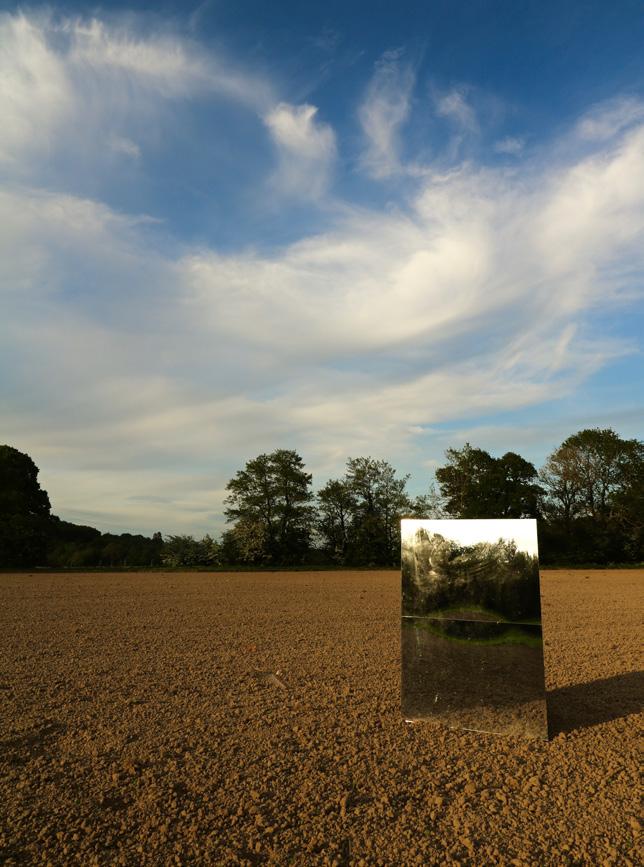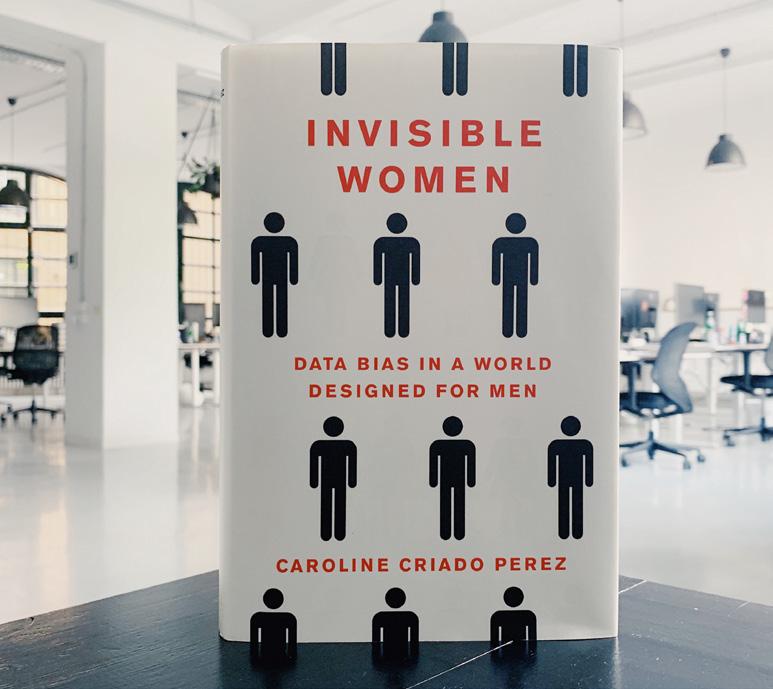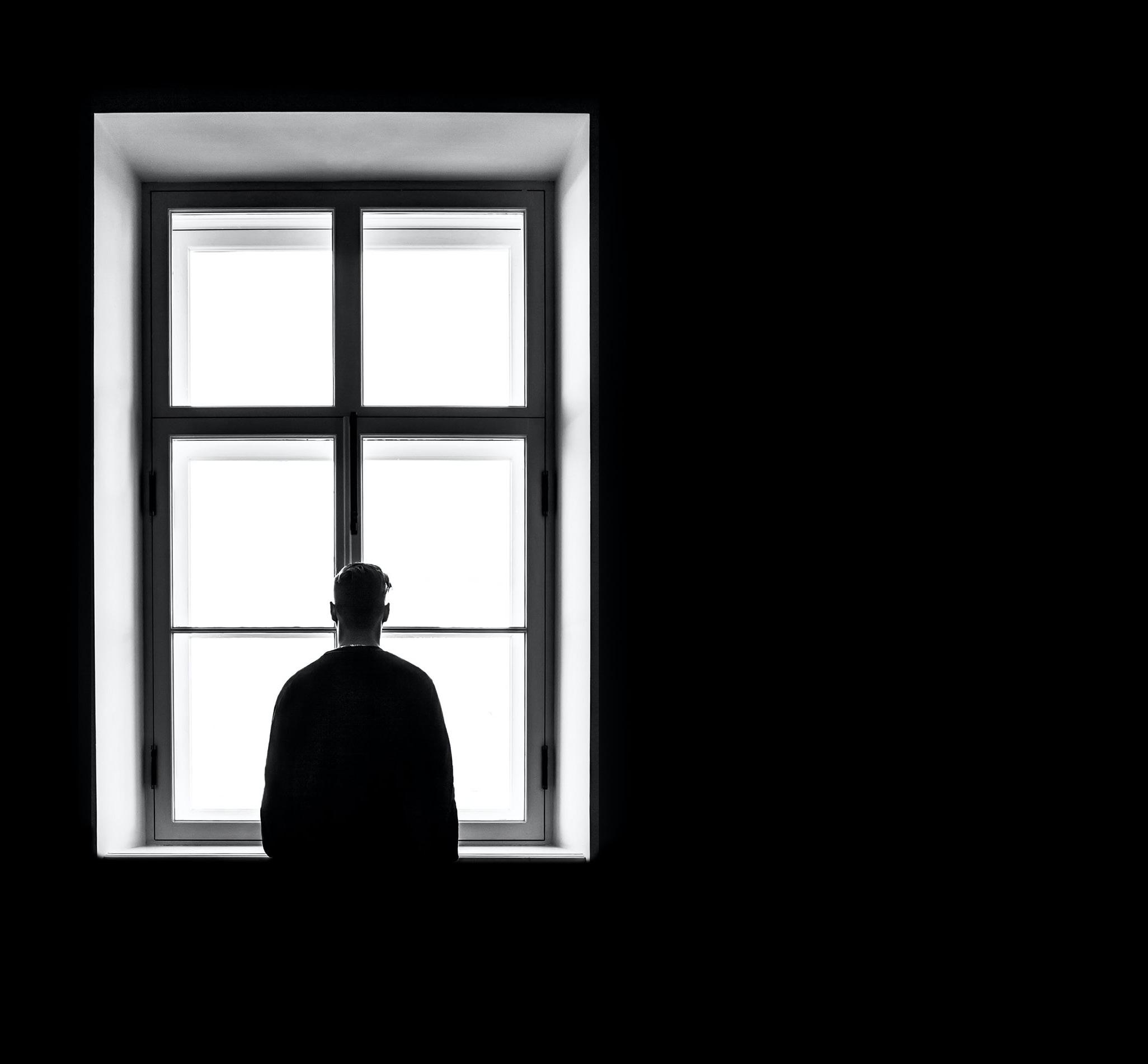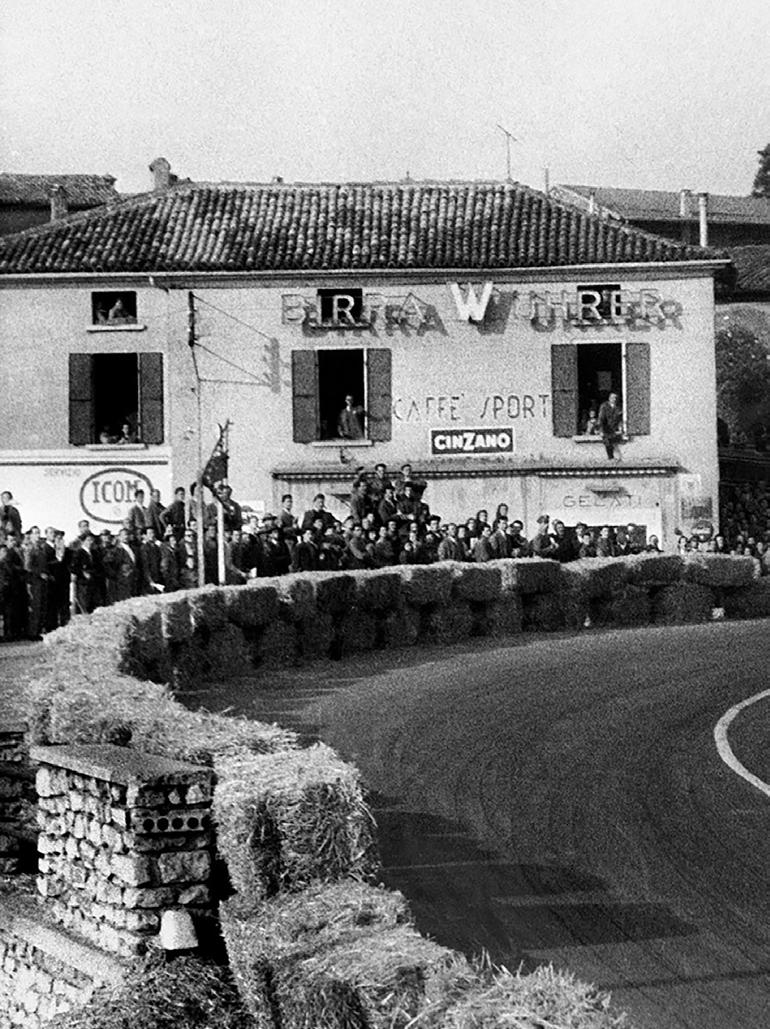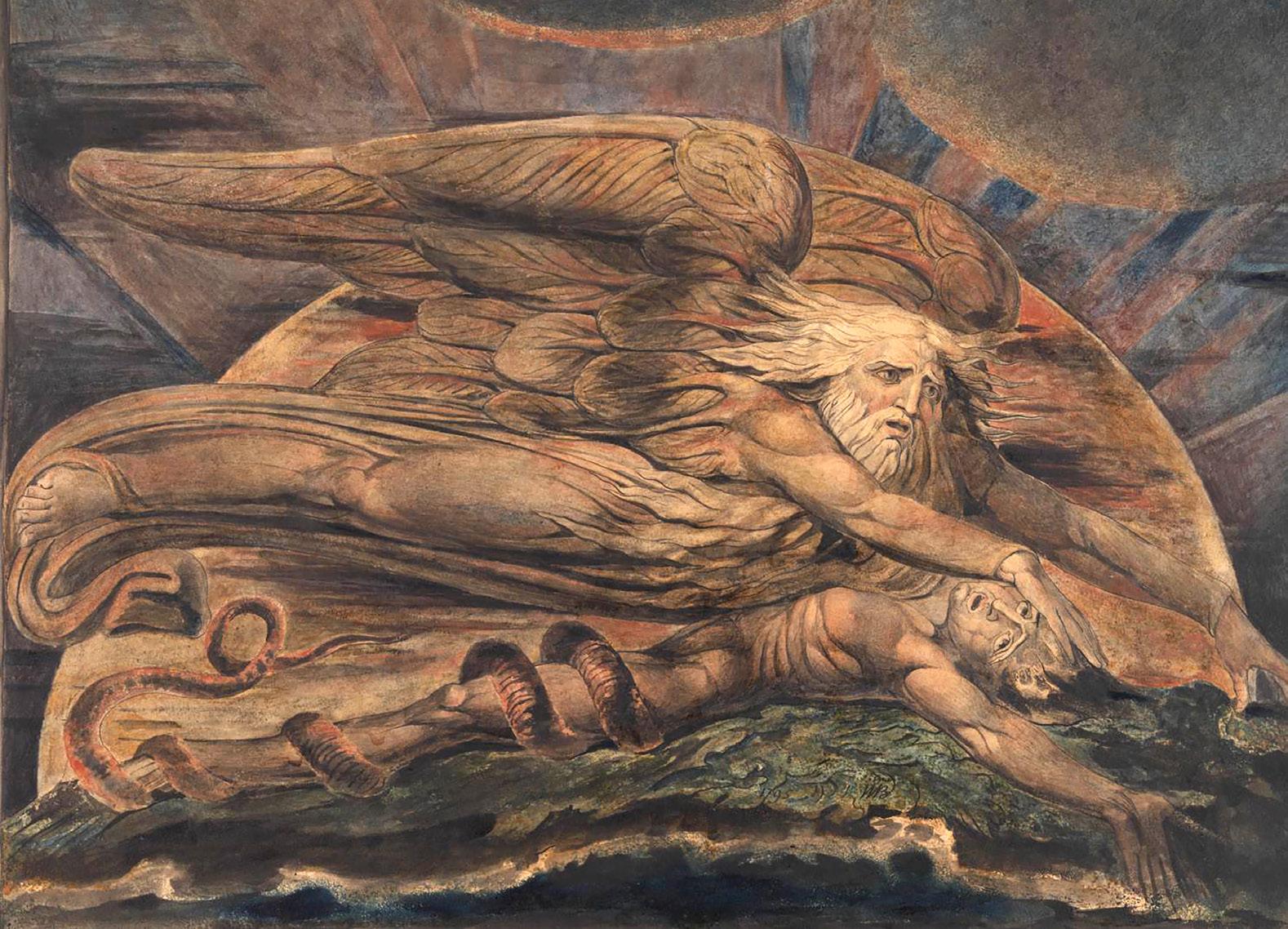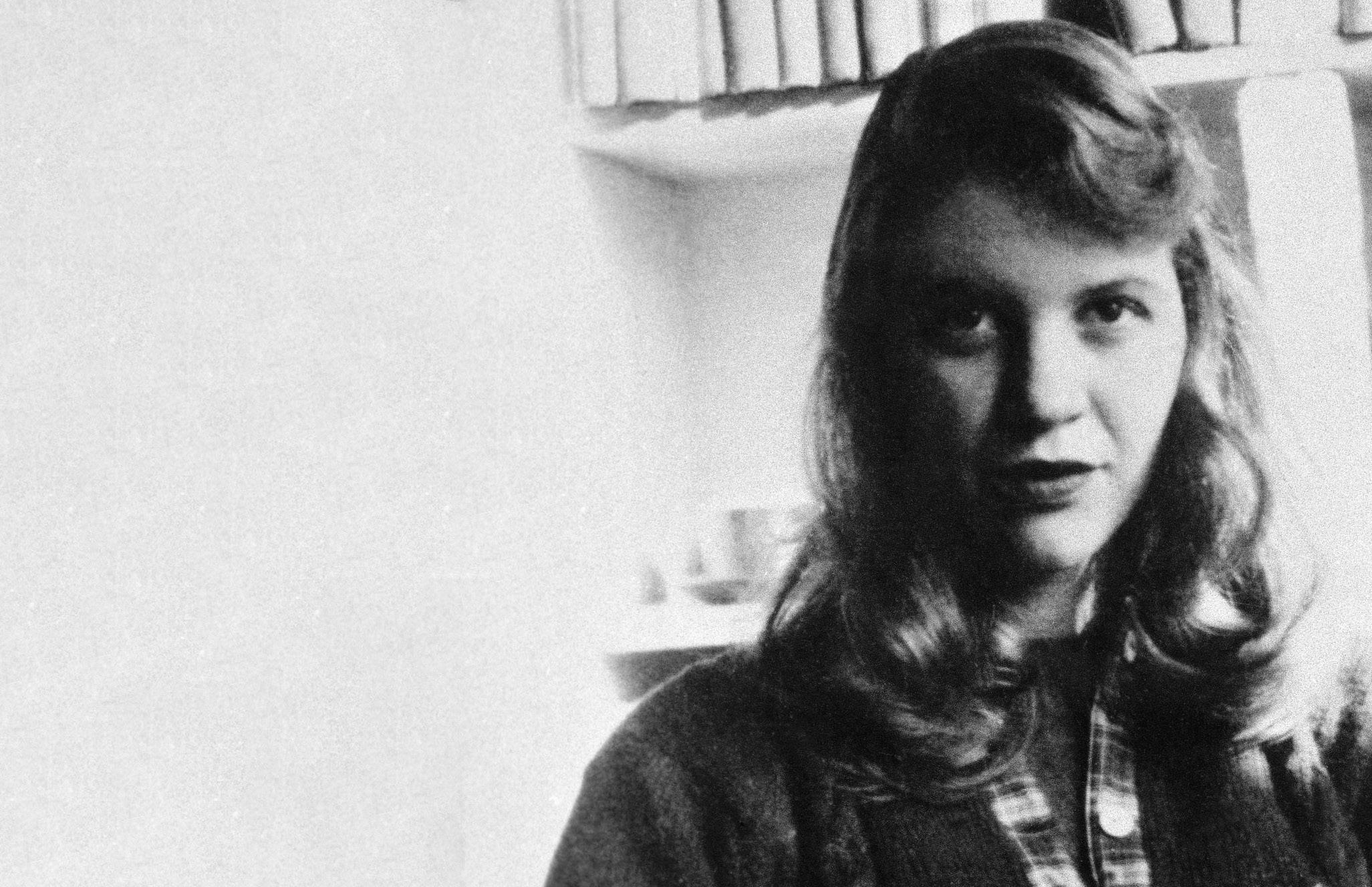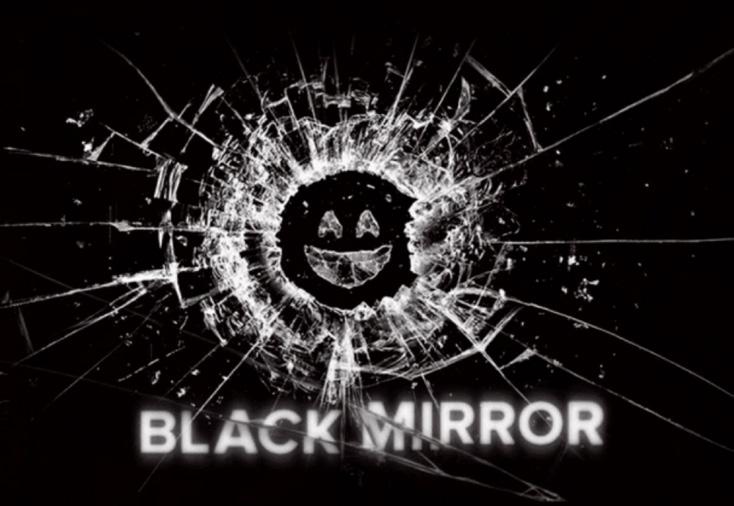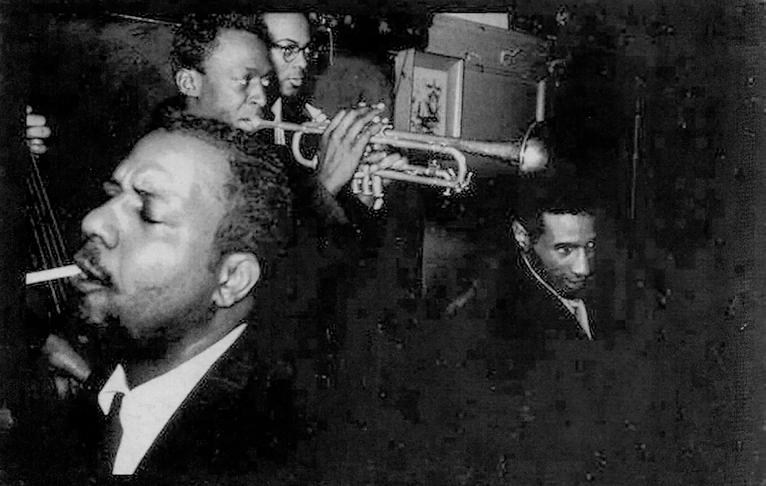Reflections: The Man Mark Richardson
TE ACHER OF ENGLISH
‘I am silver and exact. I have no preconceptions.’ (‘Mirror’, Sylvia Plath, 1961)
I
“Hey, Rudy, put this on the record, man - all of it!” (Miles Davis, Christmas Eve 1954) n Alice Through the Looking-Glass, Alice found that everything was reversed, including logic and physics. You want to stand still? Keep moving. You want to go forwards? Go backwards. It takes her an age to get from her starting point (one side of a chess board) to the other, but it is only when she realises she has to walk deliberately in the opposite direction that she suddenly finds herself arriving at her desired destination. Or did she? Am I, like her, only dreaming that part? After all, the book famously ends with this line: “Life, what is it but a dream?” Is that what reflections are, perhaps: a type of dream? Here am I reflecting on the past, though. I am not like Plath’s mirror, however. I am not silver (aside from the merest of hints in the hair, that is), I am not exact, and I certainly do have preconceptions. Plath’s mirror’s voice is a cold one, recording unemotionally the continually ageing face of a woman who looks into the mirror, increasingly fearful of her own inevitable death. We are not mirrors, though, when we reflect. We look back, as we do when we look forward, with eyes coloured by our emotions and conditioned by our experiences. I look back at music because it is important to me: both the music and the ability to look back and see it all again, differently. Perhaps reflections are dreams too: but personal dreams are always intimate, locked away and mysterious, whereas reflections are more nuanced and sharable. I want to share this reflection, this dream, because it is about what for everyone must surely be one of the essences of all music: performance. There is always something electric about any music performance: so much can go wrong. So much depends on
8
P O RT S M O U T H P O I N T. B LO G S P OT.CO M
skill, true, and musical skill is always something people are in awe of, but life is never perfect, and any performance teeters on the edge of disaster, the performers skating over thin ice, averting disaster at every turn. A completed performance should always be applauded: the better it is, the more magical it is too. Applaud, because it could all have been different, but just for that moment it was a triumph. A completed performance is, if nothing else (and it is so much more!), a momentary triumph over entropy and the heat death of the universe. A pompous claim, perhaps, and I am not sure that all might agree, especially dutiful parents who may have to endure violin screeches and pianists inaccurately hunting for the right note among 87 others on the keyboard. Nevertheless, even then a performance is rightly a moment of joyful celebration. As listeners, we are used to classical musicians gliding over such potential catastrophe: after all, they have practised for so long and their performances are so easeful that we come to expect something akin to perfection. In turn, though, we can become blasé, and accept such perfection as inevitable. We are also aware that the use of modern software makes it possible for anyone to combine a few notes, run them through some technical wizardry and out at the other end will come something entirely polished and ‘musical’. Nevertheless, the threat of musical catastrophe, of sonic chaos, may be hidden, but it lurks somewhere, even if only as a concept. Most musical performances, especially recorded ones, cast such a bright light that the shadowy unformed beast of chaos, one that prowls around beyond the limits of perception, disappears from our view. We momentarily forget it, but it is there, waiting. However, there is one music art form that constantly dances as close as possible to chaos and disaster, so close that it is just one step away from disorder and failure: jazz. With improvisation as its core, it is a music that demands that a performer must reel away from that light into a kind of penumbra, skipping from one mote of light to another on the edge of darkness


